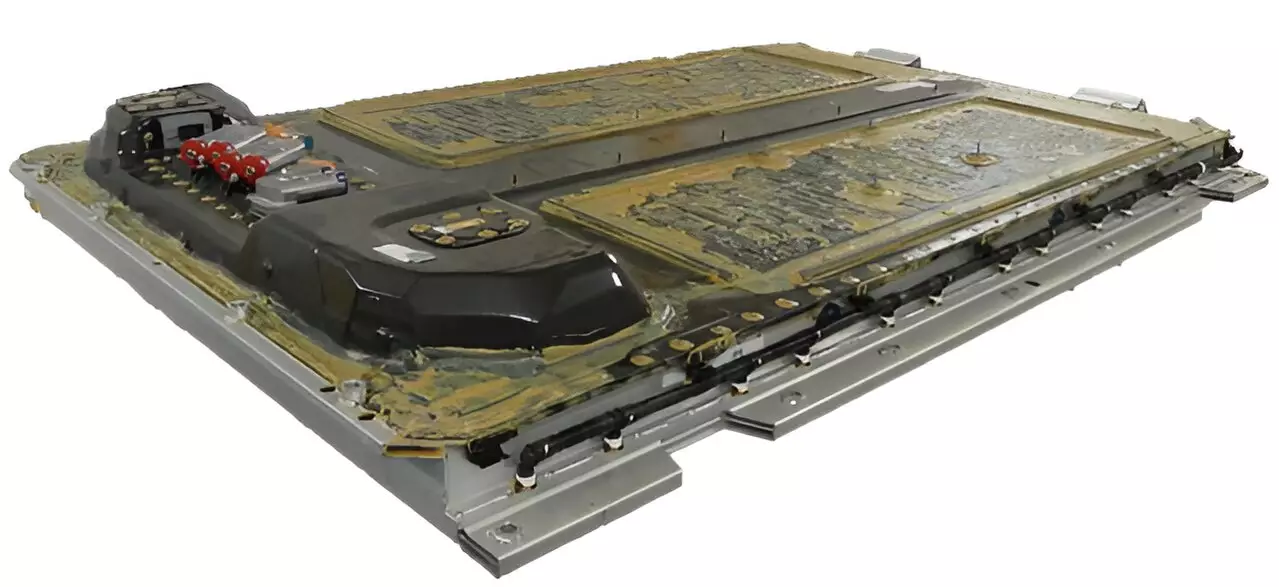The advancement of electric vehicles (EVs) relies heavily on the development of innovative technologies that can enhance their performance, range, and environmental impact. In the COOLBat joint research project, a consortium of partners led by the Fraunhofer Institute for Machine Tools and Forming Technology IWU is dedicated to revolutionizing battery enclosures for EVs. By focusing on reducing weight, cutting carbon emissions, and increasing energy efficiency, the project aims to set a new standard for sustainable electric mobility.
One of the key objectives of the COOLBat project is to optimize battery enclosures by implementing lightweight construction principles. By combining individual systems, integrating more functions into a smaller space, and utilizing new materials, researchers aim to reduce the overall weight of the enclosures while maintaining structural integrity. This approach not only increases the energy density of battery systems but also enhances the range of electric vehicles by minimizing power consumption.
Integrated Cooling and Mechanical Functions
An innovative strategy employed in the COOLBat project is the integration of cooling and mechanical functions within the battery enclosure. By incorporating cooling channels into load-bearing structures and combining cooling units with underride protection, researchers are able to streamline the design of the enclosures and improve overall efficiency. This integrated approach not only enhances thermal management but also protects battery cells from mechanical stress and overheating.
In addition to optimizing the design and functionality of battery enclosures, the COOLBat project focuses on the use of environmentally-friendly materials. By replacing heavy, non-sustainable thermal pastes with eco-friendly heat-conductive materials and bio-based flame retardant coatings, researchers are able to enhance safety and reduce the environmental impact of EV battery systems. These innovative materials not only improve performance but also promote a more sustainable approach to electric mobility.
Beyond the development of advanced battery enclosures for EVs, the COOLBat project also aims to foster a circular economy and promote industry transfer. By designing battery components for reuse, reducing material waste, and minimizing repair costs, researchers are paving the way for a more sustainable approach to electric vehicle manufacturing. The knowledge and technologies developed in the project have the potential to be applied to other industries, such as trains, aircraft, and boats, as well as cooling systems for transportation and fire protection solutions for buildings.
The COOLBat joint research project represents a significant step forward in the development of sustainable battery enclosures for electric vehicles. By focusing on lightweight construction, integrated functions, environmentally-friendly materials, and circular economy principles, researchers are driving innovation in the electric mobility sector. With a strong emphasis on reducing carbon emissions, increasing energy efficiency, and enhancing safety, the project sets a new standard for environmentally-conscious design and manufacturing in the automotive industry.


Leave a Reply